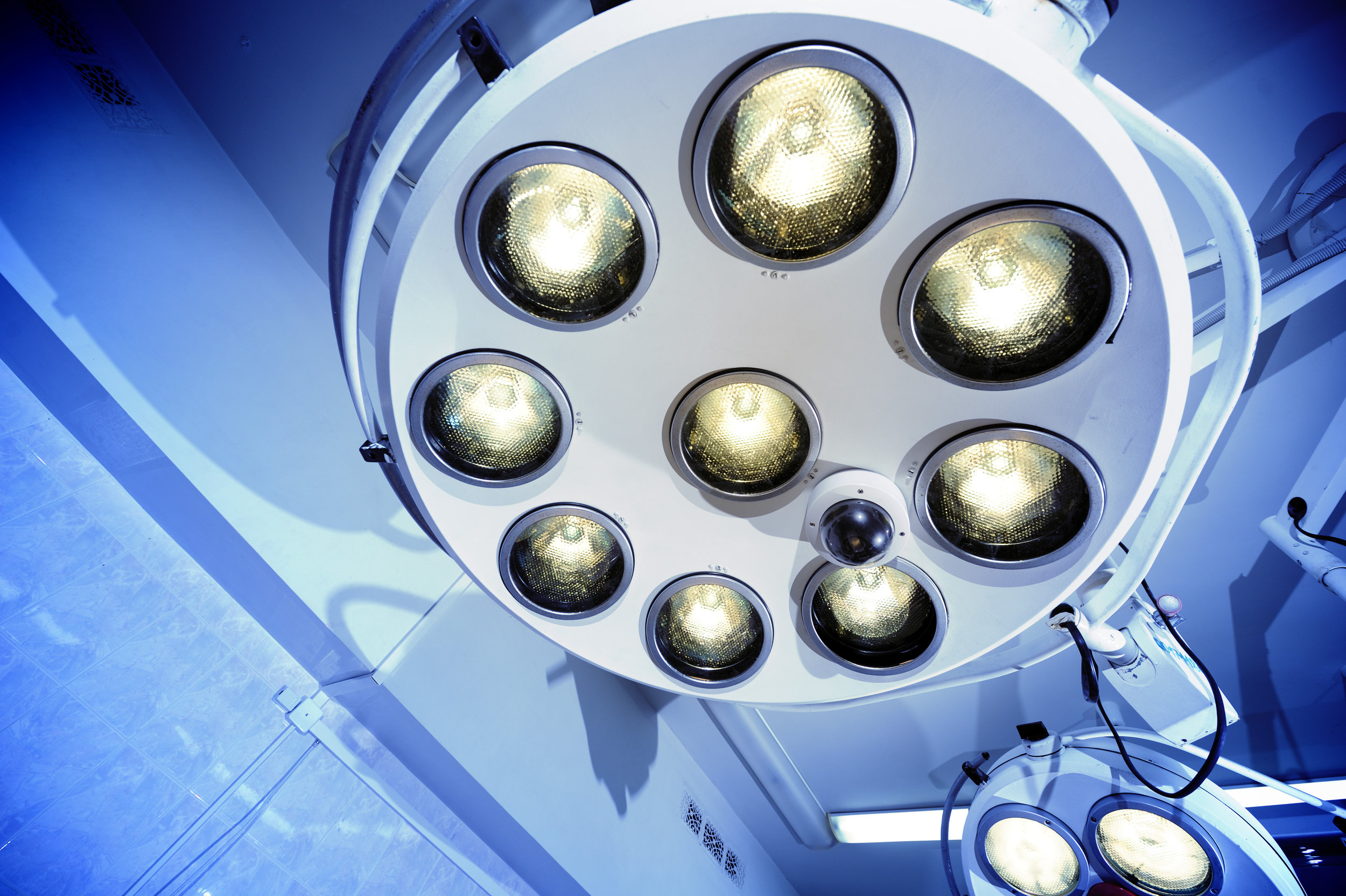The term “dysphagia” is a medical term used to describe difficulty swallowing. It encompasses both severe and mild swallowing difficulties, and can range in severity from patients who experience difficulty trying to swallow certain types of foods to patients who are unable to swallow anything at all. Learn more about what causes dysphagia, common dysphagia symptoms, and how to treat dysphagia:
Read MoreGastroesophageal Reflux Disease, more commonly referred to as GERD, is a chronic digestive disorder affecting the lower esophageal sphincter (that ring of muscle between your esophagus and your stomach). In patients with GERD, the lower esophageal sphincter is either weaker, shorter, or has moved into a location that is other than normal. This causes it to relax inappropriately, allowing the stomach’s contents to flow back up into the esophagus and causing gastroesophageal reflux.
Read MoreAny team is only as good as the people leading it, and we’re lucky to have one of the best and brightest individuals at our helm. The Tampa Bay Reflux Center team is led by one of the most experienced foregut and esophageal surgeons in the southeastern United States: Dr. Donovan Tapper.
Read MoreSurgery for GERD is referred to as “anti-reflux surgery” and typically involves a procedure called a fundoplication, during which the lower esophageal sphincter is reinforced by wrapping a portion of the stomach around the bottom of the esophagus. The most common type of fundoplication is the Lap Nissen procedure, and it’s what we’ll be giving you the break-down on today.
Read MoreAs concerns about coronavirus continue to grow and the number of cases in Florida rises, we’ve made the difficult decision to alter our business operations temporarily in order to ensure the safety and wellbeing of our staff, our doctors, and our patients. Effective immediately, our office has made the following changes in response to the COVID-19 crisis:
Read More





